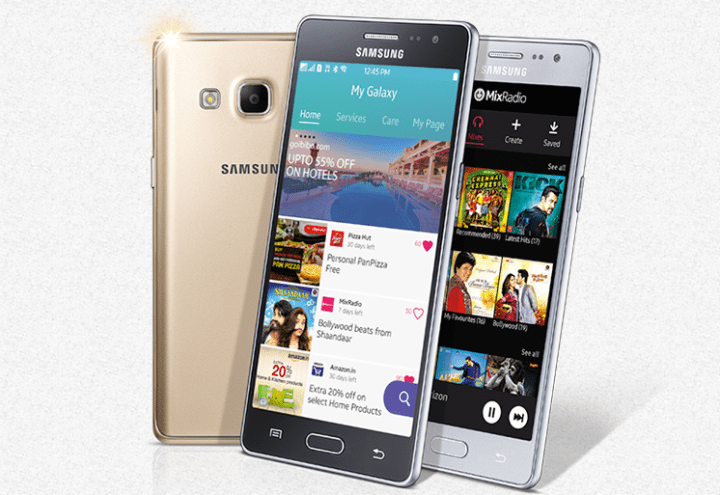
Interestingly enough, Tizen’s 900,000 in total sales during the fourth quarter was down from the previous quarter, which saw total sales of over one million units. Part of that drop could be attributed to the fact that the newer Z3 phone doesn’t offer 4G LTE connectivity. Samsung’s own Galaxy J2, which is run by Android, was actually the best selling smartphone in India as a result.
Samsung has targeted Tizen primarily in India, Bangladesh, and Nepal with its Z1 and Z3 smartphones. The Z3 is the more current model, and was released last October.
Tizen is Samsung’s homegrown OS, while Android is Google’s open source platform. Many believe that Samsung hopes to eventually use Tizen in place of Android at some point in the future, but the Android OS continues to be a powerhouse when it comes to popularity. Depending on what research report you want to believe, Android generally has at least 80 percent of the global market, with iOS making up the majority of the remaining share.
And even when it comes to Samsung’s total sales, Tizen is almost non-existent. According to another report from Strategy Analytics, Samsung sold 81.3 million phones during the fourth quarter of 2015, and nearly 320 million phones for the entire year of 2015. Concentrating on the fourth quarter, Tizen devices only represented 1.1 percent of Samsung’s total sales, and only 0.9 percent when you consider the entire year.
However, Tizen can at least be said to be knocking on the door of Windows Phone. According to Microsoft’s own fourth quarter financials, the company only sold 4.5 million Lumia smartphones during the quarter. Tizen might be much farther away from iOS and Android, but it’s definitely in striking distance of Windows Phone.
So Tizen has a long way to go, but there’s hope, and in particular beyond smartphones. “Tizen OS is well-positioned to grow further,” said Linda Sui, director of wireless smartphone strategies (WSS) at Strategy Analytics. “We believe emerging wearable products will offer more opportunities for Tizen in the short-term as it is hard to challenge the two-horse duopoly in the established smartphone market.” Samsung is already utilizing Tizen OS in its smartwatches.
There’s a good chance that by the end of the year, Tizen might become a bit more of a household name after it overtakes Windows Phone. What are your thoughts? Let us know in the comments.


